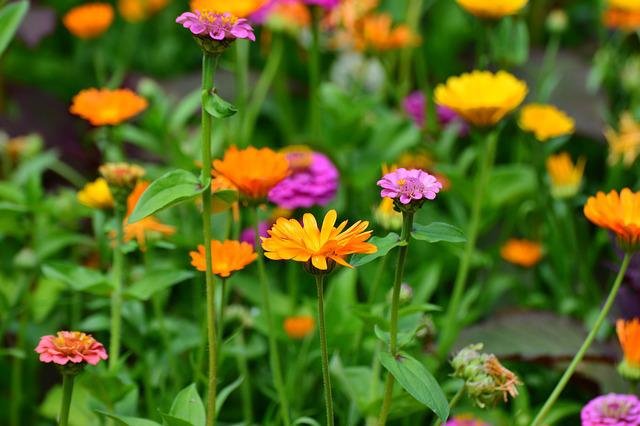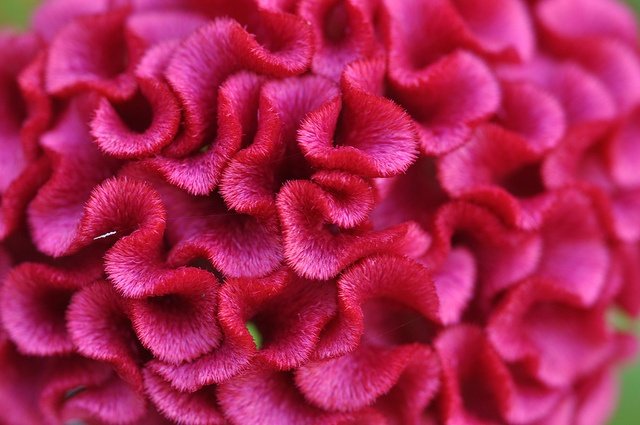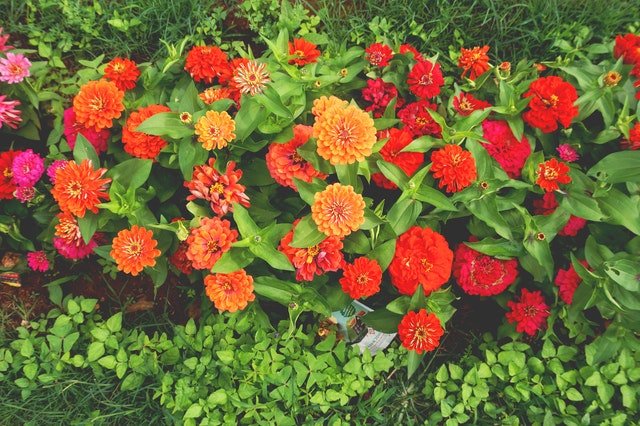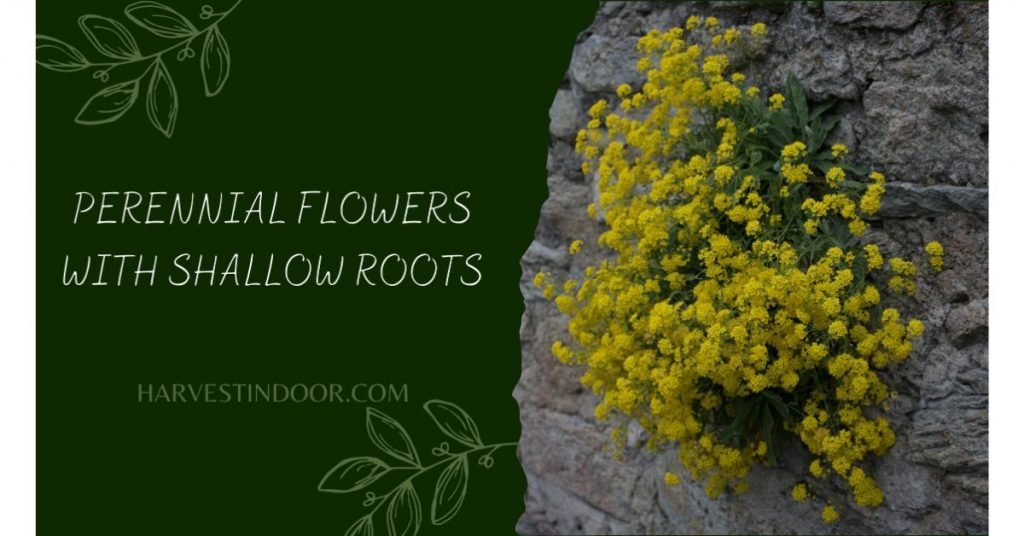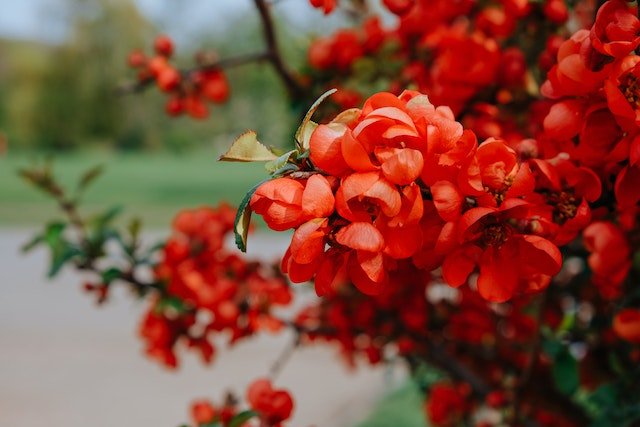There are a variety of reasons why a gardener might want to choose a bee-resistant shrub, such as allergies or simply not wanting bees in their garden. When gardeners want to grow Shrubs That Do Not Attract Bees, it doesn’t mean they don’t support this pollinator or help nature but simply more health and safety-related issues on their end.
There are several different shrub varieties that fit the bill when it comes to being bee-resistant. A few examples include boxwood, cotoneaster, and juniper.
Table of Contents
List of Shrubs That Do Not Attract Bees.
Boxwood.

Boxwood shrubs are a great option for those looking for a bee-free garden. These evergreens are low-maintenance and can provide year-round interest in the landscape. Boxwoods do not produce nectar or pollen, so they will not attract bees to your yard.
Cotoneaster.

Cotoneaster is a shrub that does not attract bees. This is because Cotoneaster does not produce nectar, which is what bees are attracted to. Instead, Cotoneaster produces small, black fruits that are popular with birds. So if you’re looking for a bee-free shrub for your garden, Cotoneaster might be a good option!
Juniper.

Juniper is a type of shrub that, as the name suggests, does not attract bees. This plant is known for its strong, pungent aroma, which can be unpleasant to some people. Juniper is an evergreen shrub, meaning it has leaves all year round.
Ilex Crenata.

If you’re looking for shrubs that won’t attract bees, Ilex crenata is a good option. This species of holly is native to Japan and doesn’t produce any nectar or pollen, so it won’t attract bees to your garden. Ilex crenata is an evergreen shrub that can reach up to 6 feet in height. It has dark green foliage and small white flowers.
Buxus sempervirens.
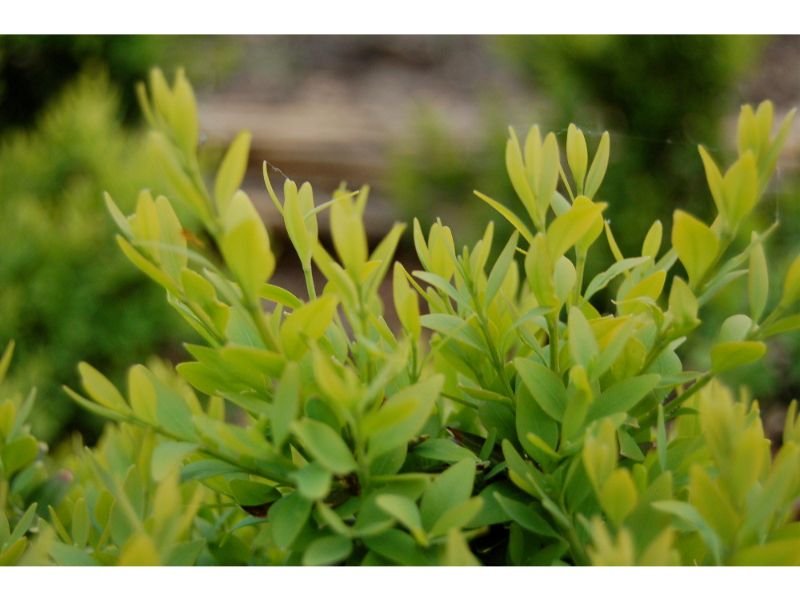
When it comes to shrubs that do not attract bees, the Buxus sempervirens are a great option. This plant is commonly known as common boxwood, and it is an evergreen shrub that can be found in many gardens and landscapes. While bees are attracted to some plants for their nectar, they are not drawn to the Buxus sempervirens. This makes it a great choice for those who want to avoid having bees around their home or garden.
Burkwood osmanthus.
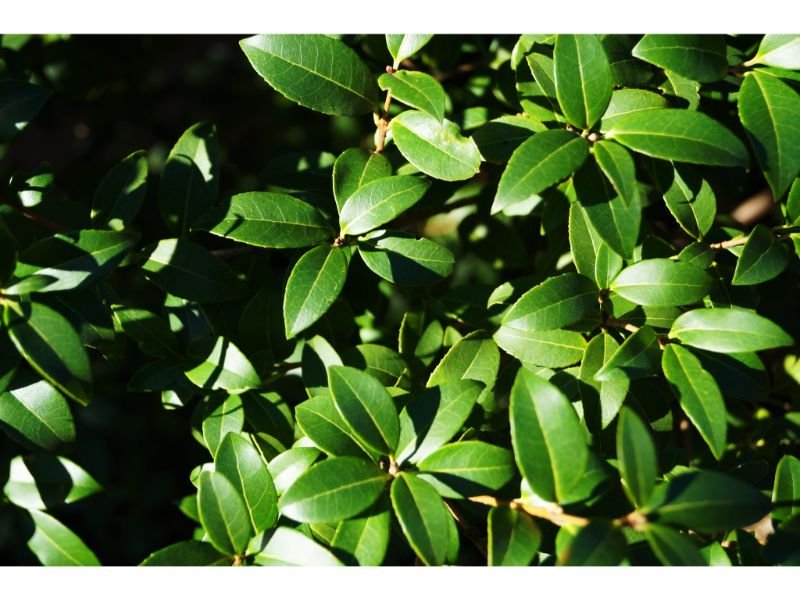
If you’re looking for a shrub that won’t attract bees, the Osmanthus x burkwoodii (Burkwood osmanthus) is a good choice. This evergreen shrub, native to China and Japan, is known for its sweetly scented flowers. Though it does not produce nectar, the fragrance of the flowers may attract bees seeking pollen.
Flowering shrubs that do not attract bees
Many gardeners are unaware that there are a number of flowering shrubs that do not attract bees. These shrubs can provide a beautiful, bee-free addition to any garden. Some of the most popular bee-free shrubs include azaleas, camellias, and rhododendrons.
Azaleas.

Azaleas are a type of flowering shrub that does not attract bees. This is because azaleas do not produce nectar, which is what bees are attracted to. The flowers of these shrubs are typically small and lack the nectar that bees find appealing. The petals also tend to be tightly closed, making it difficult for bees to access the pollen inside. As a result, these shrubs are not attractive to bees and other pollinators.
Camellias.
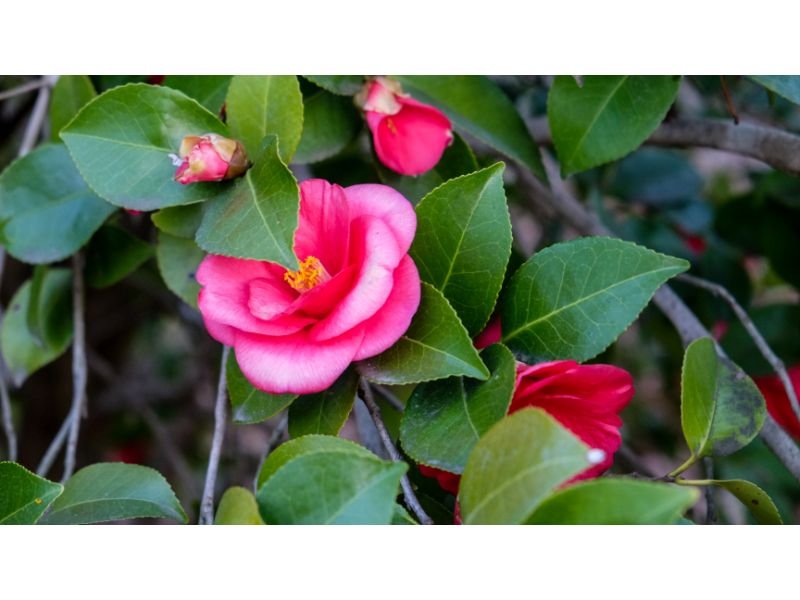
Camellias are a type of flowering shrub that does not attract bees. This is because the plant is considered to be a double-flowered shrub which means the layers of petals will make it hard for bees to access the nectar.
These plants are known for their beautiful flowers, which come in a variety of colors including white, pink, and red. Camellias are native to Asia and thrive in temperate climates. While they do not produce nectar, camellias are an important source of pollen for many insects.
Rhododendrons.
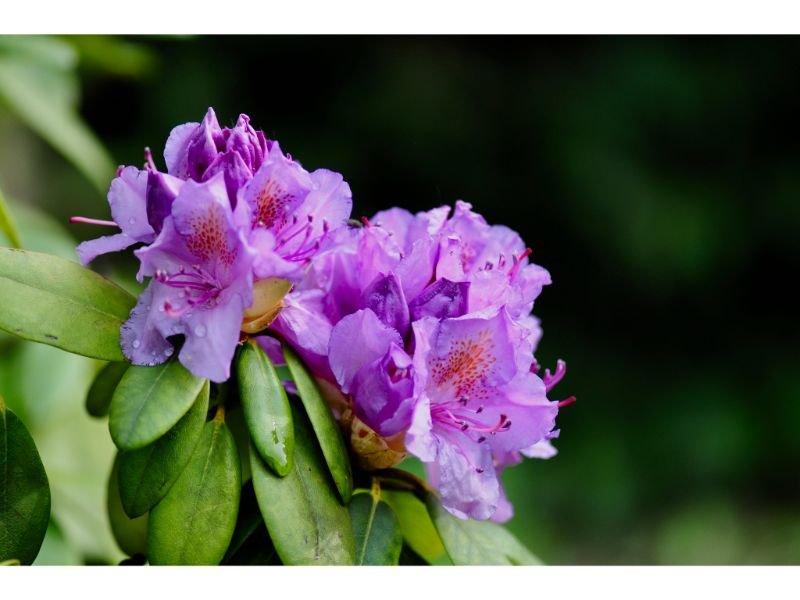
Rhododendrons are flowering shrubs that do not attract bees. They are often used as ornamental plants and come in a variety of colors including pink, purple, red, and white. The reason bees don’t like to visit rhododendrons is that they do not produce nectar.
What to consider when choosing bee-resistant shrubs?
When choosing bee-resistant shrubs, there are a few things to consider.
What kind of bees are you trying to avoid?
Some bees, like bumblebees, are actually beneficial to gardens and can help pollinate plants. Other bees, like carpenter bees, can be destructive.
What kind of plants do you have in your garden?
Some plants, like lavender, are naturally resistant to bee infestations. Others may need to be treated with pesticides or other chemicals.
Consider the size and shape of the shrub.
Some shrubs, like rose bushes, have many nooks and crannies where bees can nest. Others, like boxwoods, have a more compact form that makes it difficult for bees to find a place to land and build a nest.
Consider the plant’s other characteristics as well
The plant’s characteristics such as its climate zone and whether or not it will fit well with the rest of your landscaping.
Climate zone
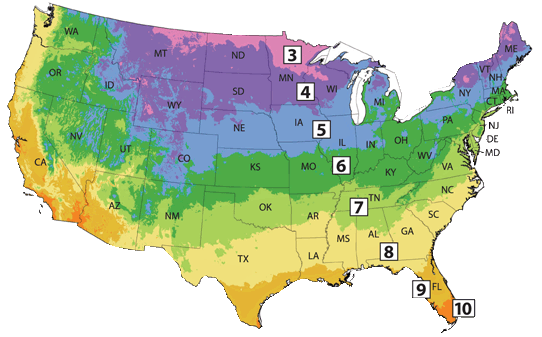
The United States Department of Agriculture (USDA) has divided the country into climate zones. These zones are based on the average minimum temperature in an area. Shrubs just like other plants can’t survive in every climate zone. They need the right amount of sunlight, water, and nutrients to grow. Some shrubs are more tolerant to different conditions than others. But there is no guarantee they will also have the ability to repel bees.
Their fitting to the landscaping style.
Shrubs are not going to be a good fit for all landscaping purposes. Although they may not attract bees, some shrubs can still end up being an eyesore in your yard. Depending on the type of shrub, it may not be as well-suited to your landscaping as you had hoped. In addition, some shrubs require more maintenance than others, so they may not be the best choice if you’re looking for low-maintenance plants.
Don’t forget that even bee-resistant plants can attract other types of insects so be sure to check with your local extension office or nursery before planting.

Gardening is my passion and growing plants indoors has always been a stress relief for me. Grow a banana tree in my apartment once (although failed to produce bananas).


